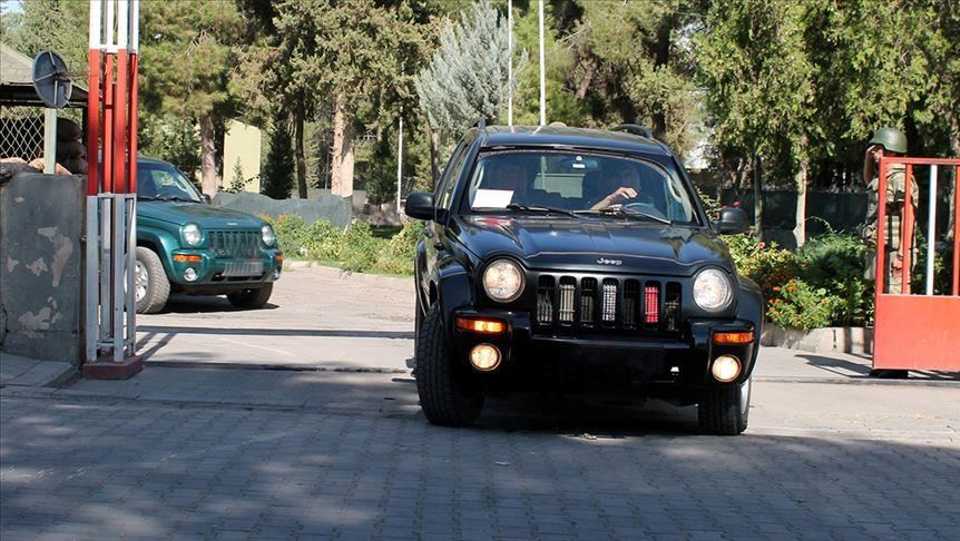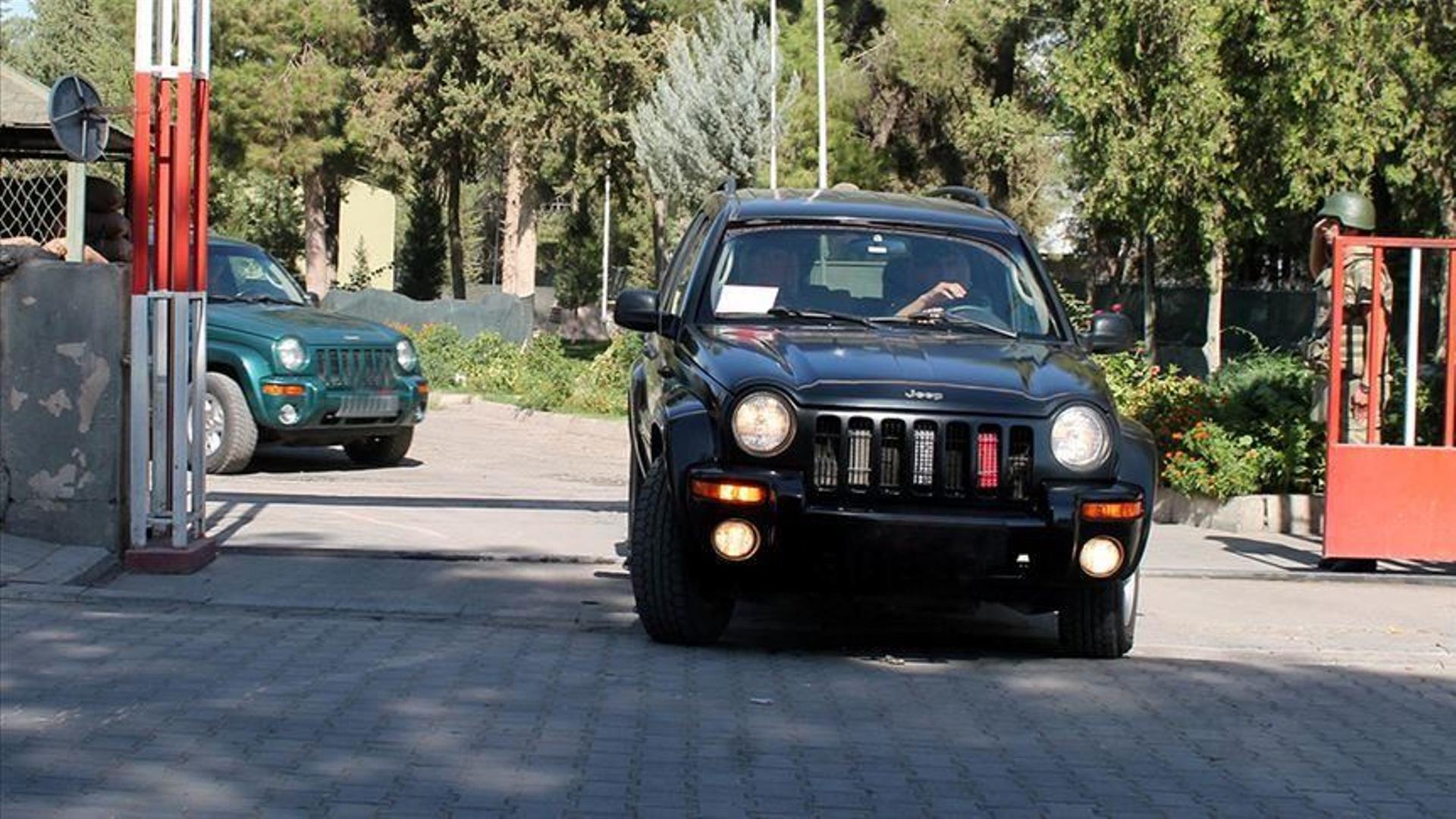
A six-member US team on Monday arrived in Turkey in preparation for a Joint Operations Centre, a step towards setting up an agreed-upon safe zone in war-ravaged northern Syria.
Turkish and US military officials on August 7 agreed to set up a safe zone and develop a peace corridor to facilitate the movement of displaced Syrians to return home. They also agreed to establish a joint operations centre.
A US team reached the southern province of Sanliurfa, the Turkish Defence Ministry said in a statement on Monday.
“The Joint Operations Centre is projected to start functioning in coming days,” the ministry said.
The agreement between the two countries also envisages necessary security measures to address Turkey’s security concerns.
Alternate plans for northern Syria
Turkey has alternate plans if the safe zone agreement in northern Syria does not work, the Turkish defence minister said, also on Monday.
In an interview aired on Turkey’s TRT Haber news channel, Defence Minister Hulusi Akar said some steps are expected in the coming days to enforce a safe zone in northern Syria.
“Airspace control and coordination are very important. There has been a great deal of progress on that,” Akar said. He voiced hopes that steps that would be taken with the US in northern Syria would be in line with the spirit of alliance and strategic partnership.
He cautioned that if the understanding with the US on the safe zone does not work, Turkey would unilaterally devise alternate plans in northern Syria.
“Call it a plan B or plan C, if things do not work, we will take recourse to unilateral activities and actions in northern Syria,” Akar said.
‘Cyprus a national cause’
Akar also said that Turkey will not make compromises on the equity and security of Turkish Cypriots.
“Cyprus is a national cause for us,” he said.
The defence minister said any decision or solution excluding either Turkey or the Turkish Republic of Northern Cyprus will not survive.
As a guarantor country in the Cyprus dispute, Akar said Turkey has significant rights and responsibilities which are stipulated in the guarantorship mechanism and alliance agreement.
“If steps are to be taken unilaterally, then everyone should know that the Republic of Turkey and its army are ready.”
He urged the importance of solving problems in accordance with international law and maintaining strong regional relations.
Following a coup aimed at Cyprus’s annexation to Greece in 1974, Ankara intervened as a guarantor power. In 1983, the Turkish Republic of Northern Cyprus (TRNC) was founded.
Since then, several attempts to resolve the Cyprus dispute have ended in failure.
The latest one, held with the participation of the guarantor countries –– Turkey, Greece, and the UK –– ended without any progress in 2017 in Switzerland.
Talks between TRNC and Greek-administered Cyprus leaders are expected in September in New York after an informal meeting in August.










Discussion about this post